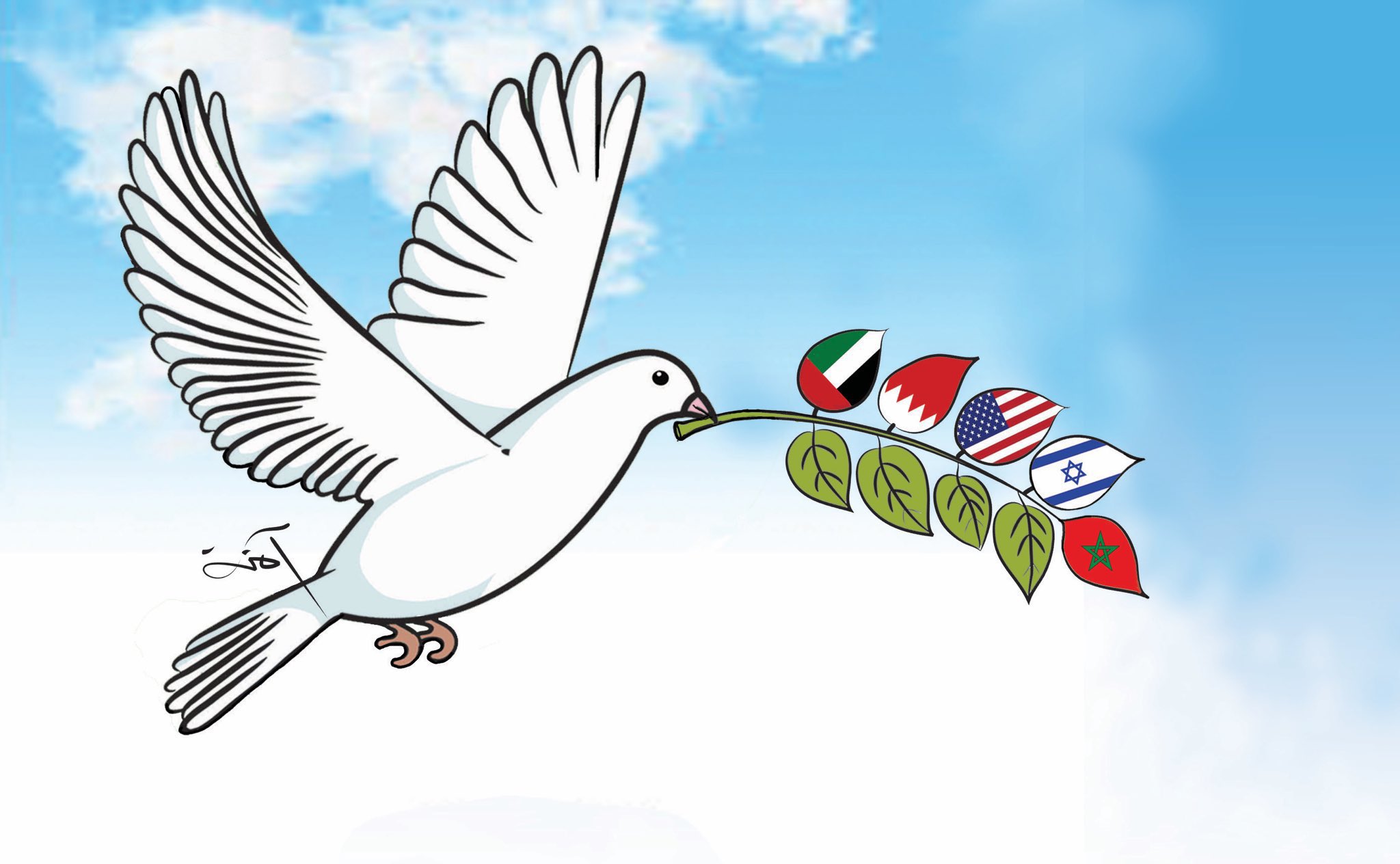David Collier: There is no room for Israel in the lies of the Nakba narrative
Questions for the Rabbi and Jewish News I ask the Rabbi and Jewish News a simple question: Can you point me to the Nakba narrative that you consider to be true? If Hotovely cannot call it a lie, what is it specifically that she cannot question?Seth Frantzman: Will UAE be safer and more tolerant for Jews than most of Europe?
Is it the Nakba narrative of the Palestine Solidarity Campaign? The Nakba narrative of the BDS Central Committee? Or the one promoted by Fatah or the PFLP? Is it perhaps the Nakba narrative of Hamas? Ilan Pappe’s conspiracy theory? I’ve read the books and have seen the story told to students on campus. It is an antisemitic pack of lies. Is it this narrative you want us to believe?
Which one? Don’t just tell us we cannot question it – point specifically to the one you categorically believe to be true. Until you can do this – and I won’t hold my breath, nobody has a right to tell us not to call it out for what it is – a pack of lies. The Nakba narrative and Holocaust equation
The Nakba narrative was designed to equate itself to the Holocaust. You can visibly see the Holocaust denying discourse surrounding those who question the historicity of the Nakba narrative events. See these two images:
Nakba narrative denial There is nothing accidental about this equation. The Nakba is as bad as the Holocaust which makes it an untouchable historical event and Zionists are therefore as bad as the Nazis. Na’amod who won’t tell us what the Nakba even is, ethically compare questioning the event to Holocaust denial. The paper above it was the online TRT outlet – a Turkish state-owned channel. The false narrative is designed to self-protect and we are told that if we question their lies, then we are as bad as Holocaust deniers. This strategy is dangerous and sickening.
Anti Board of Deputies punchbag and the survival of the diaspora Some of this is the Jewish hard-left picking up anything to throw at the BOD. Hotovely provides a convenient punchbag and they can and will attack any community body that platforms her. It is something we will see frequently during her time of service in the UK. Hotovely is the Israeli Ambassador. Her role is to represent Israel. It is absolutely vital that the lies of the Nakba are confronted. As certain left wing groups are spreading such a false narrative within the Jewish community, it was right and proper for Hotovely to use the platform of the Board of Deputies to address this.
When I talk about the Nakba in this fashion – some in the community feel real discomfort – but there is no denial here that the Arabs suffered loss. This conflation is part of a politically correct cultural conditioning and we have to break through these walls. These ahistorical lies MUST be opposed. Zionism cannot exist within the Nakba narrative. It is a simple equation. If secular diaspora Jewry swallows the false narrative of our enemie , then secular diaspora is burning the only ship holding itself afloat. This ahistorical hard-left poison must not be allowed to filter into the mainstream.
Hanukkah celebrations in Dubai last week and the national efforts to support tolerance and coexistence in the United Arab Emirates have created a reality in which Jews are more welcomed and safe in the UAE than in Europe.A Nobel Peace Prize for President Trump and His Majesty King Mohammed VI?
Many friends and contacts I have spoken to say they were surprised by the feeling walking around the Emirates’ most populous city over the last week wearing a kippah, something they would be hesitant to do in many places in Europe.
This is a testament to the reality of most Western democracies: It’s dangerous to be a Jew in Europe. Jewish schools are attacked and Jews with a kippah are assaulted. It happens almost every day throughout Western Europe and the US, where in some places half of all religious hate crimes target Jews.
Today, Jews are safer in the UAE than in most European countries and most American states. We measure antisemitism in most Western countries by how many thousands of attacks there are – that’s the reality. In most European countries, intolerance towards Jews is widespread, and growing.
Salmi Gailani, who was born in 1991, the year of the ceasefire, "blames the U.N. for the fact that for 30 years, Western Sahara has been a frozen conflict.... '30 years is long enough to place ballot boxes,' he said." — Euronews, November 17, 2020.
The international community has been trying to broker a peace for the Western Sahara for 30 years. Some observers, however, suggest that "if the Polisario Front were to have sovereignty over the Western Sahara, it would mean that Algeria was effectively surrounding Morocco."
Along with last week's the triumph for President Trump and King Mohammed VI, there have also been charges that Morocco could have joined the Abraham Accords without the US recognizing Morocco's sovereignty over the Western Sahara. So far, however, no one has quite said how.








































